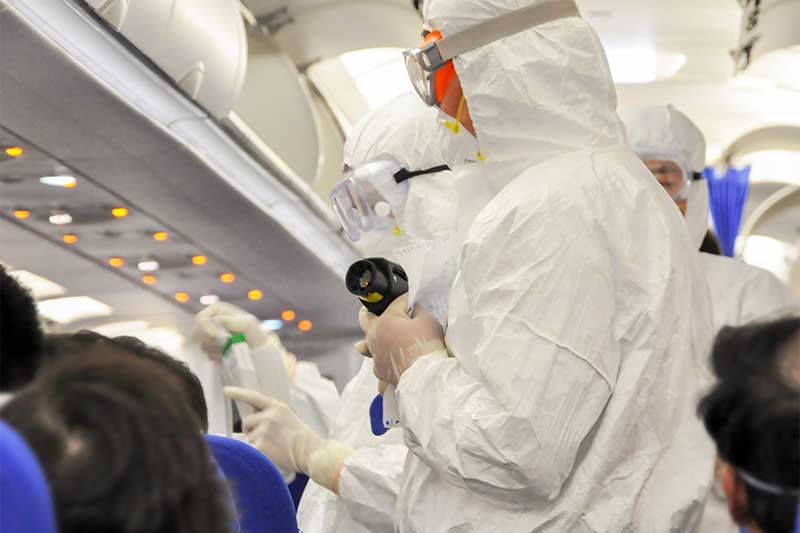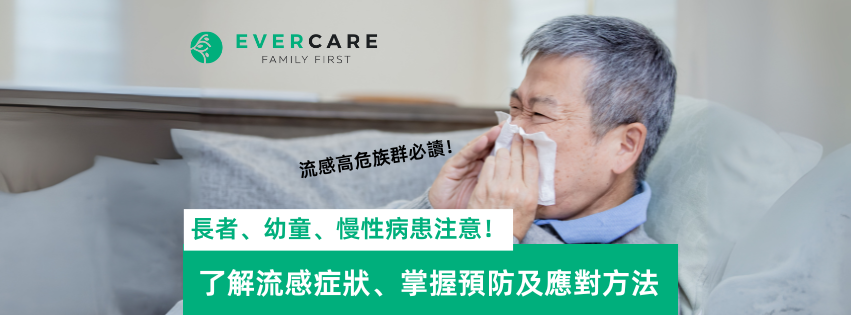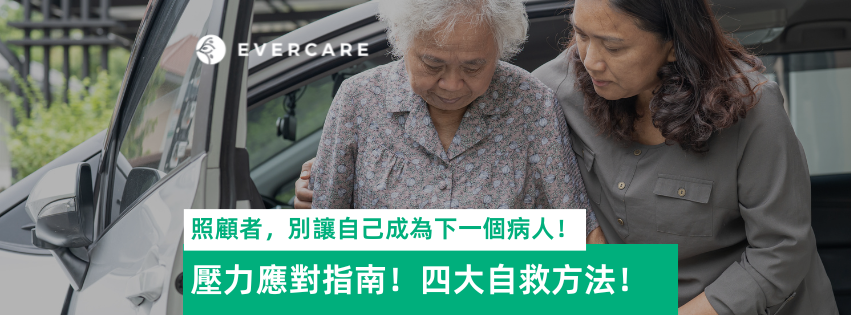As the mysterious coronavirus continues to spread at an accelerating rate, seniors and the chronically ill are now at greatest risk. The epidemic is scary, but we’re not powerless against it. Here’s how your family can enlist personal care support to keep the virus at bay.
Last week, the World Health Organization ( WHO ) declared a global health emergency over a new coronavirus that has claimed the lives of at least 490 people and sickened more than 20,000 people in China. Alarmingly, the deadly virus appears to be hitting the elderly and those with prior medical complications the hardest.
According to the health commission’s statement published in January, among the first 17 victims of the virus, the median age of the deaths was 75 (range 48-89) years. Many had underlying conditions, such as hypertension, diabetes, and Parkinson’s disease. “The majority of fatal cases are elderly and/or have a chronic disease that would increase their susceptibility to infectious diseases,” wrote Dr. W. Ian Lipkin, an epidemiologist at Columbia University who advised the Chinese government and the WHO during the SARS outbreak in 2003.
New diseases such as the coronavirus are alien to us. Given that antiviral medications are not available at the moment, strict adherence to personal and environmental hygiene may be the only preventive measure available in this phase. Those with waning immunity, in particular, our ageing loved ones, may need a higher acuity of care than what is typically provided. This is where personal care support can come into play.
1) Help patients build immunity and raise hygiene awareness
In the event of an epidemic, maintaining personal hygiene is the single most important precaution against any possible virus infection. However, for seniors whose physical capabilities and self-care abilities gradually decline, taking care of themselves may be challenging. In this case, arranging personal care assistance can help with overall upkeep.
Virus infection typically occurs among seniors whose immune system is weakened due to other illnesses, such as flu and bronchitis. Professional caregivers can help boost seniors’ immune system by ensuring that they get sufficient fluid intake and rest, keeping track of their diet, medication, and providing nutritional recommendations if necessary.
2) Provide quality care while limiting patients’ exposure to the virus
Due to an anticipated manpower shortage in the local health system, some medical and surgical patients will be discharged early from hospitals to free up hospital beds, more responsibility will thus fall on family caregivers who are generally unprepared to assume the caregiving role.
Employing in-home care support ensures patients get quality medical and personal care at the comfort of their homes while freeing up time for family caregivers to continue to work from home, or redirect their attention to ramping up in-home precautionary measures. Health care personnel can also provide basic health assessments, remove the need to travel to hospital, and therefore lower the risk of exposure or transmission of the virus.
You might also like:
3) Provide guidance on safety measures and infection control
Growing concern over the potential pandemic has sent many concerned caregivers to the internet, hoping to learn how to protect themselves from infection. Yet, along with the panic comes a wave of misinformation and false claims.
Armed with medical know-how, personal care personnel can help to debunk misconceptions and advise on appropriate precautions, for example, infection control, which are measures often overlooked by family caregivers.
During outbreaks of highly contagious diseases , the adoption of effective infection control should be given top priority in any home-care setting because an infection can be life-threatening for patients. Personal care personnel can serve as the educator, instructing caregivers on how they can minimise the risk of catching an infection and, conversely, protect their loved ones from contracting any diseases they carry.
4) Assess the suitability of the intended accommodation for home isolation
Currently, citizens are advised to place themselves in self-isolation should they feel unwell. The idea is to create a safe barrier to separate virus carriers from those who are healthy or are vulnerable to the disease.
Effective as it is, a home quarantine can be tricky to execute. Many factors need to be taken into account when preparing for self-quarantine, including the location of the abode and the number of housemates who are particularly vulnerable. Quarantine therefore requires special consideration, to say the least. Informal caregivers unfamiliar with the practice would greatly benefit from consulting with health care personnel, who can ensure the sanitary conditions and infection control practices of their home are up to par.
What’s the next step ?
Preparedness is our best defence against an epidemic, which makes i n-home health care workers particularly valuable when providing patients and family caregivers with helpful tools and useful information to better protect ourselves and our loved ones against the virus.
Do not hesitate to contact us on 3905 4000 for more information on how we can help you prepare a safe environment, or a free phone consultation.
其他話題 Other Topics
最新的文章 Latest Posts

喜歡我們的文章嗎?
超過3,000位照顧者已經訂閱我們的資訊!訂閱我們的資訊,你可獲得免費護理工具、專家護理知識和同路人分享。立即訂閱,也可以隨時取消。請在此填寫你的姓名和電郵地址:


